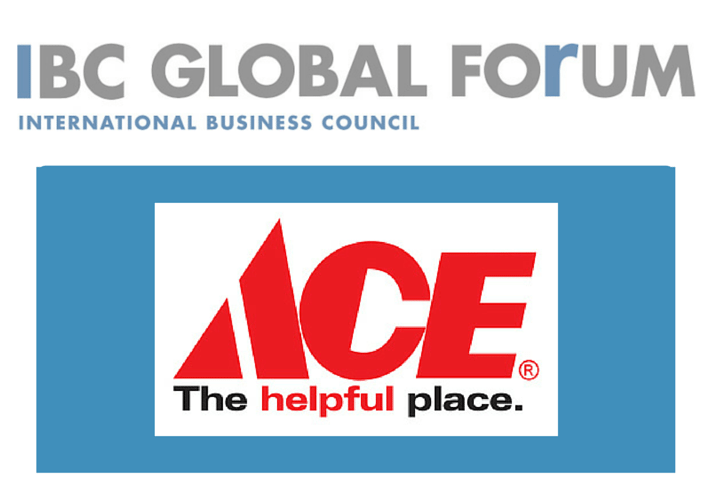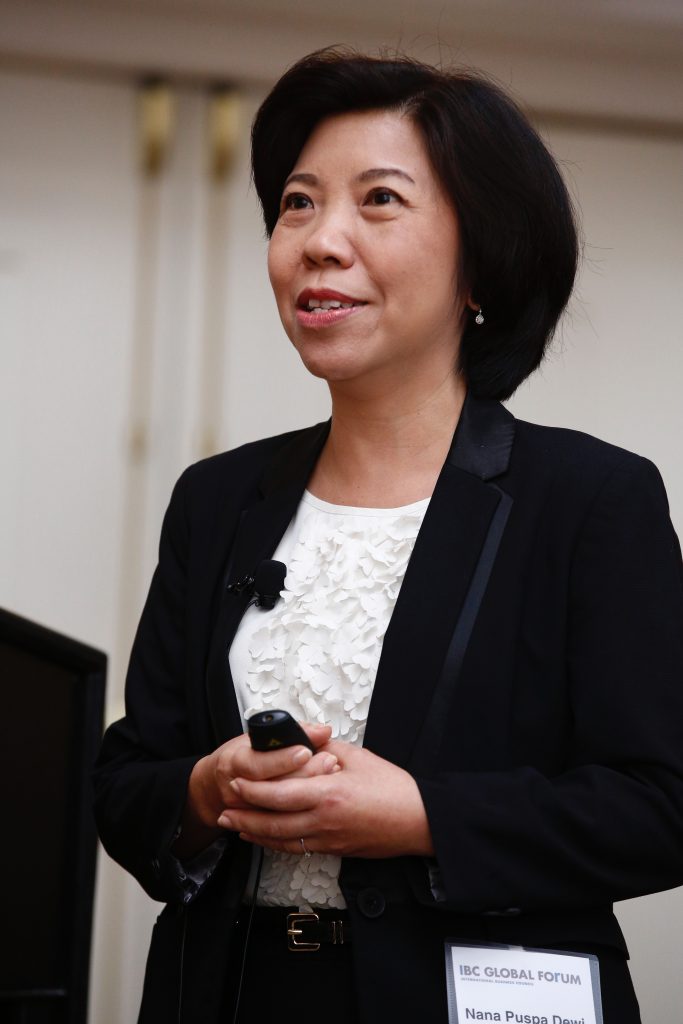 The second day of presentations at the IBC Global Forum continued with an overview of Ace Indonesia.
The second day of presentations at the IBC Global Forum continued with an overview of Ace Indonesia.
Since 2014, Ms. Nana Puspa Dewi has served as the marketing director for Kawan Lama Group, the parent company of Ace Hardware Indonesia. Ms. Puspa Dewi is responsible for marketing across all business units of the Kawan Lama Group. She also manages advertising, promotions, visual merchandising, digital marketing, customer relations and customer loyalty programs. Prior to joining Kawan Lama Group, Ms. Puspa Dewi was the COO of MNC Group/MNC Media and has also worked at several consumer goods companies in Indonesia, including Proctor & Gamble, Cadbury and Effem Foods Indonesia (Effem Foods, Inc./Mars, Inc.). She attended Udayana University in Bali.
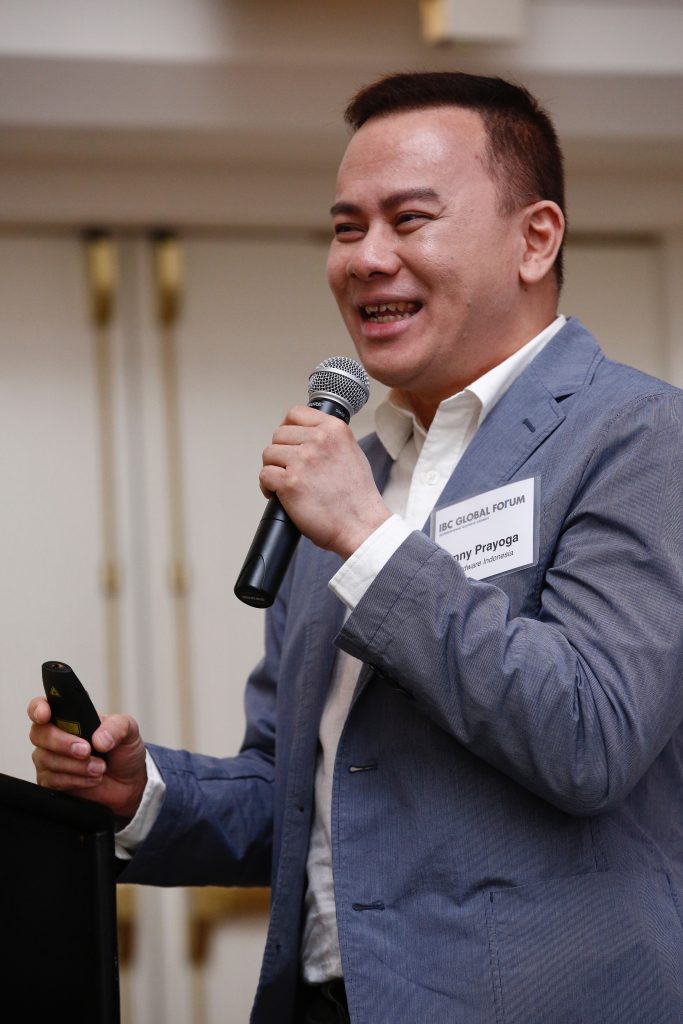 Mr. Donny Prayoga has 20 years of importing and purchasing experience in the consumer goods sector. He has been employed by Ace Hardware Indonesia for more than 14 years,
Mr. Donny Prayoga has 20 years of importing and purchasing experience in the consumer goods sector. He has been employed by Ace Hardware Indonesia for more than 14 years,
where he is responsible for procurement of all imported merchandise as well as compliance and import regulations. In addition, Mr. Prayoga is the head of purchasing for “Chatime,” a Taiwanese beverage company. He attended Atma Jaya Catholic University and St. Sicilia College in Jakarta.
ACE Hardware Indonesia has 120 stores across the country and plans to add up to 10 stores in 2016, targeting mid to high-level consumers—67% of the population falls within the middle and upper middle class. ACE’s customers are very open to Western-branded home and housewares products and encourage the ACE team to add more to their current selection.
Indonesia at a glance
- 17,504 islands; Java and Sumatra are home to 80% of the population
- GDP is low, $ 3,800 per capita, but growing
- Urban 51%; much urbanization in the recent decade
- 34 provinces—with regional cuisines
- 100 dialects, but the country has one unifying language
- 259 million population and with 70% under 40 years of age, there is great potential for growth
- The country has three time zones—Jakarta is in the same zone as Bangkok, Bali is in the same zone as Hong Kong.
- Indonesia is now considered one of top three countries in Asia for foreign investment.
Indonesia is the largest Muslim country in the world, with 86% Muslim, Christian 9%, Hindu and Buddhist are small percentages. The government tolerant of all religions, hence there are many religious holidays (14-15 per year).
The recent 10 years have seen largest increases in population, income and urbanization. In 2005, the population was 213 million, with $1,250 GDP per capita and the country was 43% urban. By 2015, population grew to 250 million, along with $ 3,500 GDP per capita and 51 % of residents lived in urban areas.
Internet use: In January 2016, access was 34% penetration internet (88 million) however, mobile connections are high, at 326 million or 126% of the population, since there are more phones than people.
Social media users: 79 million or 30% penetration. Smart phone ownership grew from 12% to 30% since 2013.
Consumers are spending more on lifestyle purchases. Household spending grew 15% in the recent two years, with more spending on dining out, recreation and entertainment. Ace has responded by offering lifestyle product mixes in DIY and other categories.
Opportunities with Ace Indonesia
- Potential for growth
- Strongest player in the category
- Unique and wide variety in products
- Direct import
- In line with market trends
- Long term market experience
Challenges
- High cost of distribution and logistics
- Human Resources—population has limited skills and education
- Changes in government regulations
- High bureaucracy
- Government favors local products
Ms. Nana Dewi outlined changes in retail channels since 2015 for store types: hypermarket, Supermarket, Minimarkets,Traditional grocery stores, traditional drug stores and cosmetics stores and the modern drug store. She described how consumers have shopped in the traditional “wet” markets and in traditional streetside retail locations. Modern hypermarkets and minimarkets have seen huge growth in recent years. Two local minimarket chains are strong, with 11,000 stores each; international names such as 7-11 and Circle K each have fewer than 100 locations each.
Ace Indonesia is the largest chain with widest coverage at 120 stores and has the largest Ace in the world at 161,000 sq. ft. An Ace home center fills 3,000 sq. meters and Ace hardware stores occupy less than 3,000 sq. meters. Ace has grown its store count and sales by 27% since 2007 and its space grew 19% since 2008. Ace maintains stores in large malls it owns and has small stores in rented buildings. Its loyalty programs have 1.3 million members and are growing.
As part of the Kawan Lama corporate group, the organization employs 23,000. The corporate group maintains B2B distribution, 400 retail stores, service, property, manufacturing and e-commerce. Ace was established on the Indonesian stock exchange in 1995.
Ace is organized around 17 departments, including automotive, home improvement, hardware, and lifestyle products such as home living, homewares, sports and bikes, lighting and outdoor living.
Ace maintains long term partnerships with world-class brands. International brands offer quality items from around the world, with housewares brands such as Trudeau, Rubbermaid, Casabella, Brabantia, Victorinox Umbra , Harold Import, Arrow plastics, Anchor and Interdesign. Private label goods represent about 20% of the assortment.
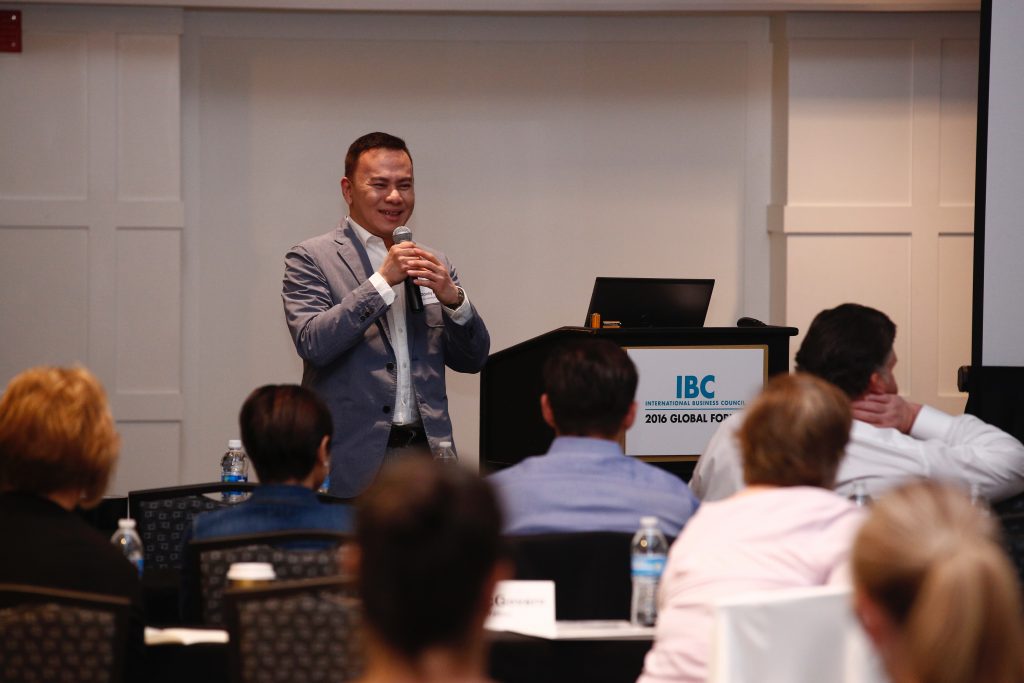
Buying Process
Donny Prayoga, head of purchasing, built upon Ms. Dewi’s presentation with details on the buying process. Buyers meet with vendors in August and march at Ace shows. Imported products make up 90% of the line, local products 10%.
The merchandising division is composed of five groups: merchandising/buyer, category management, inventory management, replenishment and forecasts and import procurement. The merchandising department employs 106 people to source new products. The category management staff of 24 analyzes velocity, sets levels, arranges for replenishment and creates planograms and thirteen people set the forecasts. The import procurement staff of 26 controls purchasing in a timely manner, manages compliance requirements, government import regulations, and manage cost efficiency. Ace faces challenges in requlations, as the government favors locally manufactured products. Vendors must understand the country’s requirements. For example, drinking bottles made of plastic require Indonesian language labels. This can cause barriers for vendors who don’t have the human resources available and can incur intensive labor costs for labelling individual items.
Holidays with special promotions include Chinese New Year, Ramadan and Christmas. Ace prepares for Christmas in June and July. Products for Christmas sale should ship in August from the U. S. and Europe.
Because of the country’s many islands, logistics costs are high. Ace maintains a distribution center near Jakarta and Sumatra to distribute goods to Bali and other parts of Indonesia.
Product Selection
Ace chooses items based upon quality, function, durability and added value. They search for design, uniqueness, innovation, variety, value and competitive price. Ace first selects items by determining the item’s purpose and how it will fit into the assortment of core products, seasonality, and how it can be promoted. They look for coop support for promotions and how to develop the housewares category. Ace likes to participate in the product development to assure they carry items different in color and shape than items in other department stores.
Expectations from Vendors
- Direct dealings with vendors instead of distributors
- Good quality products that are in line with market trends
- Good communication and service
- Good quality control
- Cooperation and support in marketing activity
- Adaptive to Indonesia import regulations
- Willingness to cooperate in processing the compliance as per the regulations
Indonesian Import Regulations Related to Housewares Products
- SNI certificate
- Health certification
- Indonesian language labels
- SGS inspection
- FSC for all countries
- PEFC (Pan European Forest Certification) for wood or bamboo from sustainable sources
- SFI (Sustainable Forestry Initiative) for USA
Mr. Prayoga gave examples of certifications required for specific product categories such as electrics and tableware. Certifications can take eight months to one year and involve auditors from government agencies who visit factories before they issue SNI certificates. A health certificate is required for cleaning chemicals, air fresheners, bath scales and so forth. The Ministry of Health works with vendors to process documents for the certificate of analysis.
For further information, contact Donny Prayoga, Ace Hardware Indonesia, head of purchasing.
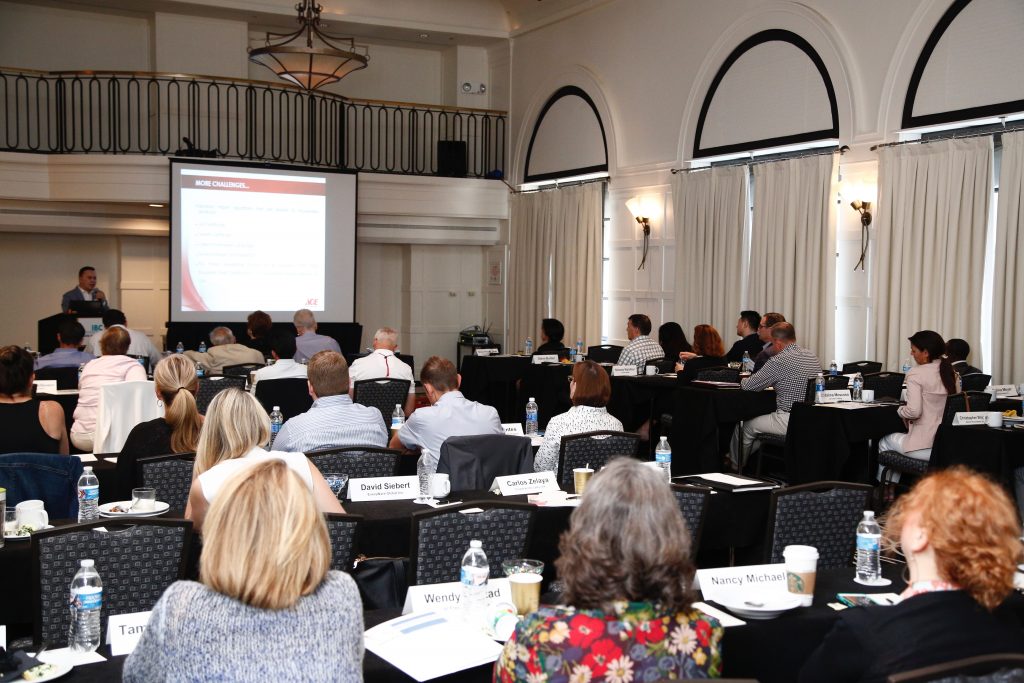
![]()
